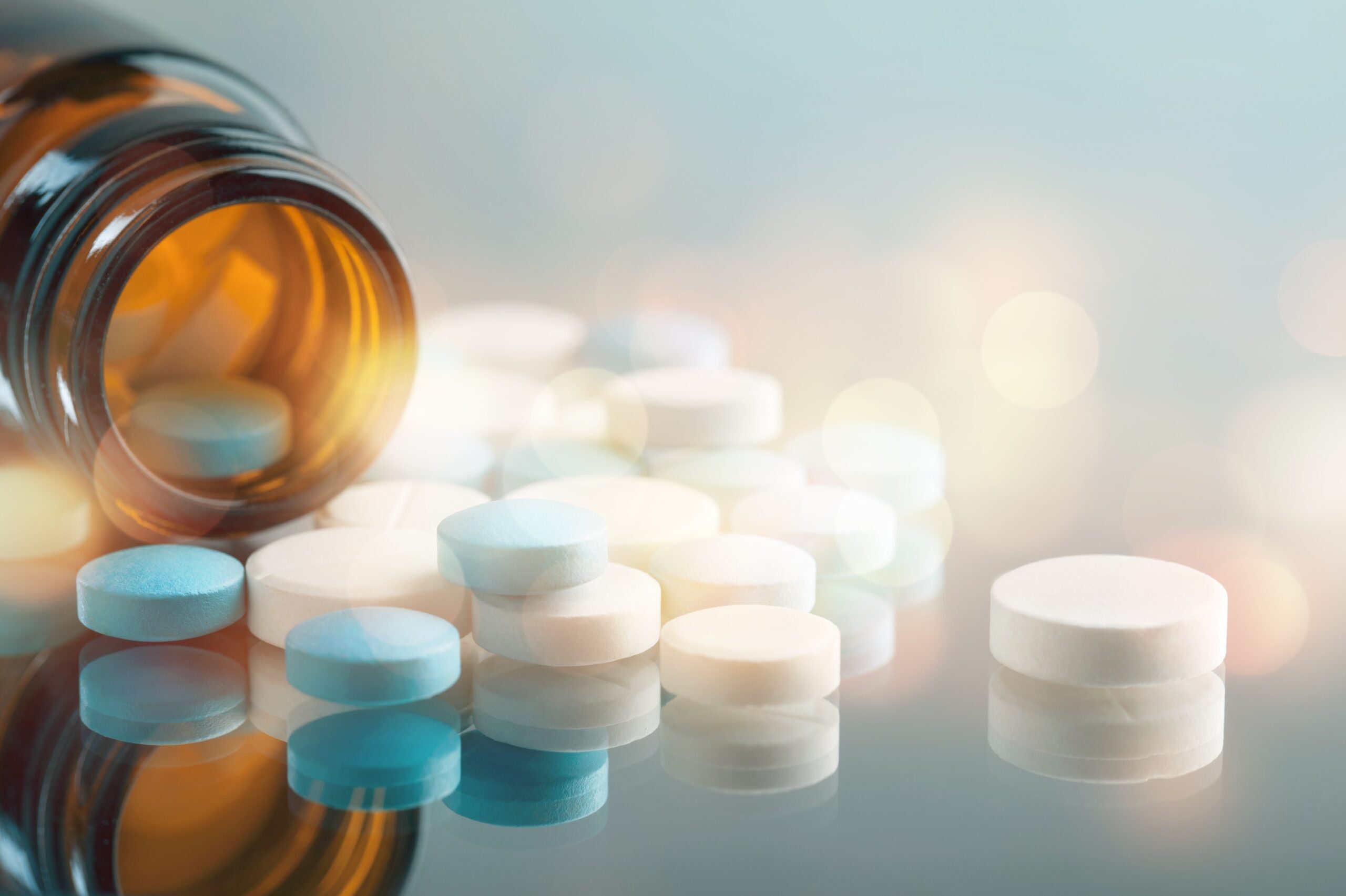
When I was preparing to have my first daughter, I was 11 years sober, very active in a 12-step fellowship, and pretty confident about how things should be done. That confidence extended to all things recovery—obviously—but also to my birthing plans. I had no concern in regard to need pain pills after giving birth.
I prepared for a home birth, and envisioned it as pleasant as something like childbirth possibly could be. Unsurprisingly, nothing went according to plan. After many painful hours (27) of unmedicated labor, I was taken to the hospital for an emergency caesarian section. During that brutal, exhausting experience, I told the hospital staff that I had a history of addiction, and thus required non-narcotic pain pills.
Owing to an under-resourced maternity ward, or perhaps just an under-interested nursing staff, they were not prepared to explore the nuance of my situation and talk me through potential options. After my major abdominal surgery, I was given ibuprofen, and not enough of it. I suffered horribly: sweat and cried until I could no longer speak or lift my brand-new baby.
Fast forward a few years – another necessary surgery. This time, I didn’t hold back. I had PTSD and a searing memory of pain mismanagement. This time I took the hard stuff, and wow – what a different experience. I was able to heal and recover faster and rest better. I was extremely grateful that I had a sponsor that guided me through the process of taking strong pain medicine while in recovery, and helping me emerge the other side, sobriety intact.
But it is essential to stress – I didn’t make the decision to take narcotics in a lighthearted way. I talked frankly with doctors, nurses, and anesthesiologists about my history and possible alternatives. I told people in my recovery community what was going on and I asked them for their support. I stayed accountable to my sponsor by telling her how often I was taking the painkillers post-op, and when problems arose – which they did – I was honest about them.
Taking Pain Pills
Opioid pain pills are no joke. It can, in short order, turn even a mild-mannered grandmother into an addict, and create consequences that can be life-destroying. These addictive responses can occur in a remarkably short amount of time. According to Johns Hopkins Medicine, “the time it takes to become physically dependent varies from person to person, but it is usually a couple of weeks. Taking pain pills for a day or two is not a problem for most people, but some studies show that even the first dose can have physiological effects that can make someone vulnerable to opioid use disorder.”
Personally, after just a few days, I noticed an extreme interest in what time my next scheduled dose was, but feigned disinterest so my partner – who was put in charge of doling out the pain pills on schedule – wouldn’t get concerned and cut me off. I found myself getting irritable and snappy as a dose faded, with dark thoughts crowding my head.
After about a week, I became concerned enough to decide to endure some pain to step down the pain pills more rapidly.
Of course – that was a personal decision and I’m not advising anyone else on what they should or shouldn’t do for their health. What I am saying, however, is that if one is going to take a potent pain pills while in recovery, a few guidelines can help:
- Explore other options first. There are LOADS of non-narcotic methods to manage pain, many of which work well.
- If you do decide to take an addictive pain medicine, tell someone, and stay accountable. Getting sneaky about it is a red flag
- Use as prescribed. Can’t emphasize this enough.
- Stay honest, and ask for help if it’s time to back off. This can be extremely hard, and the support of doctors and a sober community is often critical.
Lastly, it’s important to say that pain and suffering aren’t noble requirements of a sober life. I believe there is no reason to endure agony in order to stay sober through a health issue. The Big Book of Alcoholics Anonymous stresses that this world is full of good doctors and medicines. With the right approach, we can take advantage of the benefits of pain medicine without forfeiting our hard-won recovery. If you have any questions, please do not hesitate to reach out.